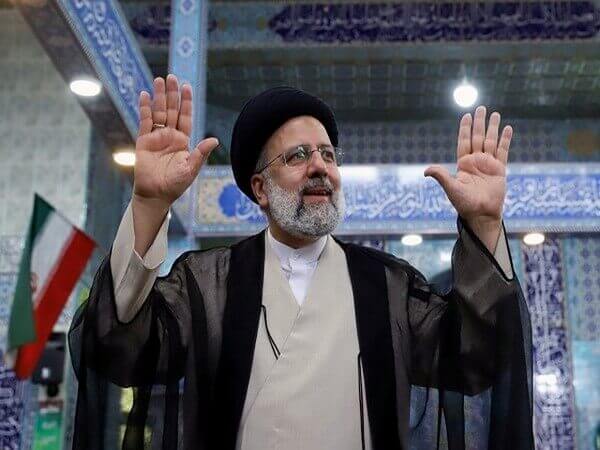
Reviewing Iran’s Presidential Election and Its Geopolitical Effect
Sun, 20 Jun 2021 | Reading Time: 7 minutes

Reviewing Iran’s Presidential Election and Its Geopolitical Effect
Ever since 1979, when the Iranian Revolution hit the streets in Tehran and there emerged in Iran a regime unfriendly to the West and that is hell bent on creating a new niche in the geopolitical environment of the Middle East, we have had an unrelenting power game centred on Iran’s ambitions. Both its internal politics and issues, as also its external affairs have been of great interest to the international community because these in diverse ways make a difference to the balance of power in the Middle East.
Among the various issues of strategic interest linked to Iran was the rise of the Shia-Sunni conflict based upon the chief ideological proponents; Iran and Saudi Arabia. Iran has also constantly refused to pander to the West, unlike nations in its immediate neighbourhood in the Persian Gulf that have blossomed into important trade and energy hubs with Western assistance. It also remains an enigma to much of the world chiefly because of its desire to acquire nuclear weapon status to enhance its strategic capability, something not easily acceptable to the big powers and the neighbourhood.
In addition, one of the major issues of concern is its avowed enmity with Israel, a nation it does not recognize and perceives as an imposition of the West on the Islamic world. It continues to support the Palestinian cause far more than any of the Arab nations; supposedly to project itself as a major flag bearer of Islam. It has also built an arsenal of weapons to fight Israel; having strategically deployed much of these in the vicinity of Israel’s borders.
Its other weapon of substance is a lethal set of proxy warriors financed, armed, trained and ideologically motivated to further its cause in the region through proxy conflicts. A strong specialist armed element exists in the form of the Iranian Revolutionary Guard Corps (IRGC) whose prime role is in protecting the Islamic system as well as preventing foreign interference and coups by the military or “deviant movements”. Lastly it has cooperated well with Russia to establish superiority in Syria and win favour with Shia militias in Iraq.
Why I have described in summary the various strategic concerns revolving around Iran is simply because it is a very important nation in the context of the Middle East. Its stability and strategic ambitions will decide to a very great extent whether the Middle East will remain free of conflict and thus allow the shifting of international geopolitical focus to the new centre of gravity – the Indo-Pacific.
To top that, Iran’s Presidential elections have just been conducted on 18 Jun 2021 and a change of leadership is about to take place with the election of Ebrahim Raisi as the next President to replace Hassan Rouhani, who was not qualified to contest due to term bar after eight years. Raisi will take over as President at a time when the revival of the Joint Comprehensive Plan of Action (JCPOA) is also being negotiated at Vienna. The JCPOA remained suspended through the presidency of Donald Trump as the US pulled out of it. With US sanctions re-imposed in 2018, there wasn’t much the other G6+1 nations, who were party to the agreement, could do about it.
The Presidential election is currently the key; all eyes of the international community are on the effect that the election result will have on the internal dynamics of Iran and thereby on the region and internationally. The Iranian system for election of the President has a Guardian Council which is composed of six Islamic faqihs (experts in Islamic law), selected by the Supreme Leader (Ali Khamenei), and six jurists, “specializing in other different areas of law, elected by the Majlis (the Parliament) from among the jurists nominated by head of the Judiciary,” (who, in turn, is also appointed by the Supreme Leader).
What was relevant in this election was the attempt to throw up relatively moderate leaders due to counter revolution trends which are finding their way in the street. However, the system ensured that almost all the moderates were rejected by the Guardian Council leaving space for the one and most expected candidate. He is the Head of the Judiciary, Ebrahim Raisi and reputed to be the Supreme Leader’s candidate, even possibly being groomed to eventually be the Supreme Leader. Candidates who champion greater individual freedom and more engagement with the outside world were deliberately left out much against the known choice of voters.
Raisi’s choice is particularly anathematic to the West because of what the Time magazine calls – “his role in the 1988 mass execution of political prisoners and militants in the closing days of the Iran-Iraq war…..and as Iran’s chief judge, he also bears responsibility for the fact that only China executes more of its citizens each year”. A hardline status and reluctance to engage with the West could be Raisi’s outlook, but things may not be that easy for him.
Firstly, there is a slow build up of resentment in Iran, against hardliners. A brief interlude when sanctions were lifted after the signing of the JCPOA in 2015, saw Iran’s economy jump to 12.5 percent annual growth and gave a taste of what Iran’s economic status could be, if left to be a part of the international community without pariah status. Iran’s inflation rate, a measure of real economic pain for its people, jumped from 10 percent in 2017 to 40 percent in 2019. Currently it remains at about 30 percent. Unemployment remains above 12 percent. COVID has added much to the pain and no one can predict what could happen with subsequent waves of the pandemic. This is the reason even Raisi, upon Khamenei’s insistence, is going to look for an early lifting of sanctions through some positive movement at Vienna where the talks on restoration of JCPOA are on.
Realizing Iran’s economic predicament, the big powers may wish to extract more out of it in terms of limitations placed upon its nuclear weapons program. Although the moderating role of Russia and China would be there, the situation is quite different to 2015 when JCPOA was signed. The Russia-China equation is apparently stronger although clarity in objectives yet escapes that combination too. The retaining of leverage to trigger issues in the Middle East to delay or prevent shift of US focus to the Indo-Pacific is possible.
The other nation most concerned with the manner in which the JCPOA and the sanctions issue are handled is Israel. With a new Israeli government in place and fresh from a serious bout of violence in Gaza it can hardly be expected to go anywhere beyond blasting the new Iran leader. With ‘hardline’ as the mantra on both sides, there should be no expectation from Iran and Israel to soften their mutual stance. This remains the one potential trigger for wider conflict in the Middle East, an area being looked upon for a change in scene as far as international concerns go. I am not so sure that the US can pack its bags; it has many stakes here even after energy became an irrelevant factor for it. News flowing in speaks of many deployed US missile systems being wound up for redeployment; rather premature I would say. The Middle East isn’t done and dusted and how the withdrawal from Afghanistan impacts this region is yet difficult to predict.
The internal factor about Iran is a matter of increasing interest. There is brewing unrest, but the true intensity cannot be gauged nor the capability of dissident leadership. If the economy improves once easing of sanctions begins, dissident noise will progressively reduce. Most people are angry when they are uncomfortable and do not wish to see the same plight for their children in the future. The political and ideological leadership, which in the case of Iran is rolled in one, is fully conscious of this and hence the desire to see the Vienna talks end positively. Iran is bargaining hard but it’s above weakness and the fact that it does not have time on its hands, will also be well known to the rival negotiators. With whatever it salvages from the talks, Iran is going to go into a desperate campaign to improve its economy which to a very great extent will also enhance its overall strategic capability.
The spoiler in all this could be an unconnected effort by some maverick quarters to create tension between Israel and Iran. Both sides find it difficult to back down when tension increases. This is what the big powers should be concerned about. The US and the West would not wish to see any instability, while Israel may consider this something to chew upon. What Russia and China think about tension in the Middle East is actually the subject for a whole new examination. The one thing which we can be certain about is the fact that Iran may tactically dilute its hardline stance even as a hardliner occupies the office of the President. Once having got a reprieve it is going to be difficult as ever to extract concessions from it. The game of nuclear weaponization is not likely to stop at just Vienna.
Lastly, a word on India-Iran relations. When Iran and the West get talking, avenues open up in India-Iran relations too. Afghanistan, energy, Chabahar and infrastructure projects linking to Afghanistan and the North South Transport Corridor, are the major areas of cooperation largely hit by sanctions. Then is the entire gamut of Iran’s relationship with Pakistan which has mostly been against Indian interests, especially as related to Jammu & Kashmir. In the last many years, both nations have shown a desire to transcend hesitation and go beyond, only to be held back by circumstances and sometimes attitude. Perhaps with Iran’s desire for improvement of its economy, we may see a spell of time when it will be open to cooperation with India in all fields. However, there will be many detractors for such cooperation, China being one of them; as also Pakistan. There are portents of change in the offing with discussions opening up in institutions and think tanks in New Delhi and Tehran. India should grab the moment and remove all perception of reticence about it that Tehran carries. Perhaps the time for a transformational relationship with Iran has arrived.
(Views are personal)
**********************************************************************************************************
Author
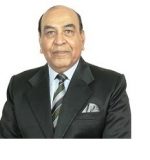
Lt Gen Syed Ata Hasnain (Retd), PVSM, UYSM, AVSM, SM, VSM* former Commander of Indian Army’s Srinagar Corps, focuses on trans-national and internal conflicts in Asia and the Middle East with particular emphasis on issues revolving around Radical Islam. He is the Chancellor of Central University of Kashmir and speaks extensively at Indian and international institutions on a wide variety of subjects revolving around strategic affairs and leadership.
Disclaimer
The opinions expressed in this article are the author’s own and do not reflect the views of Chanakya Forum. All information provided in this article including timeliness, completeness, accuracy, suitability or validity of information referenced therein, is the sole responsibility of the author. www.chanakyaforum.com does not assume any responsibility for the same.
Chanakya Forum is now on . Click here to join our channel (@ChanakyaForum) and stay updated with the latest headlines and articles.
Important
We work round the clock to bring you the finest articles and updates from around the world. There is a team that works tirelessly to ensure that you have a seamless reading experience. But all this costs money. Please support us so that we keep doing what we do best. Happy Reading
Support Us




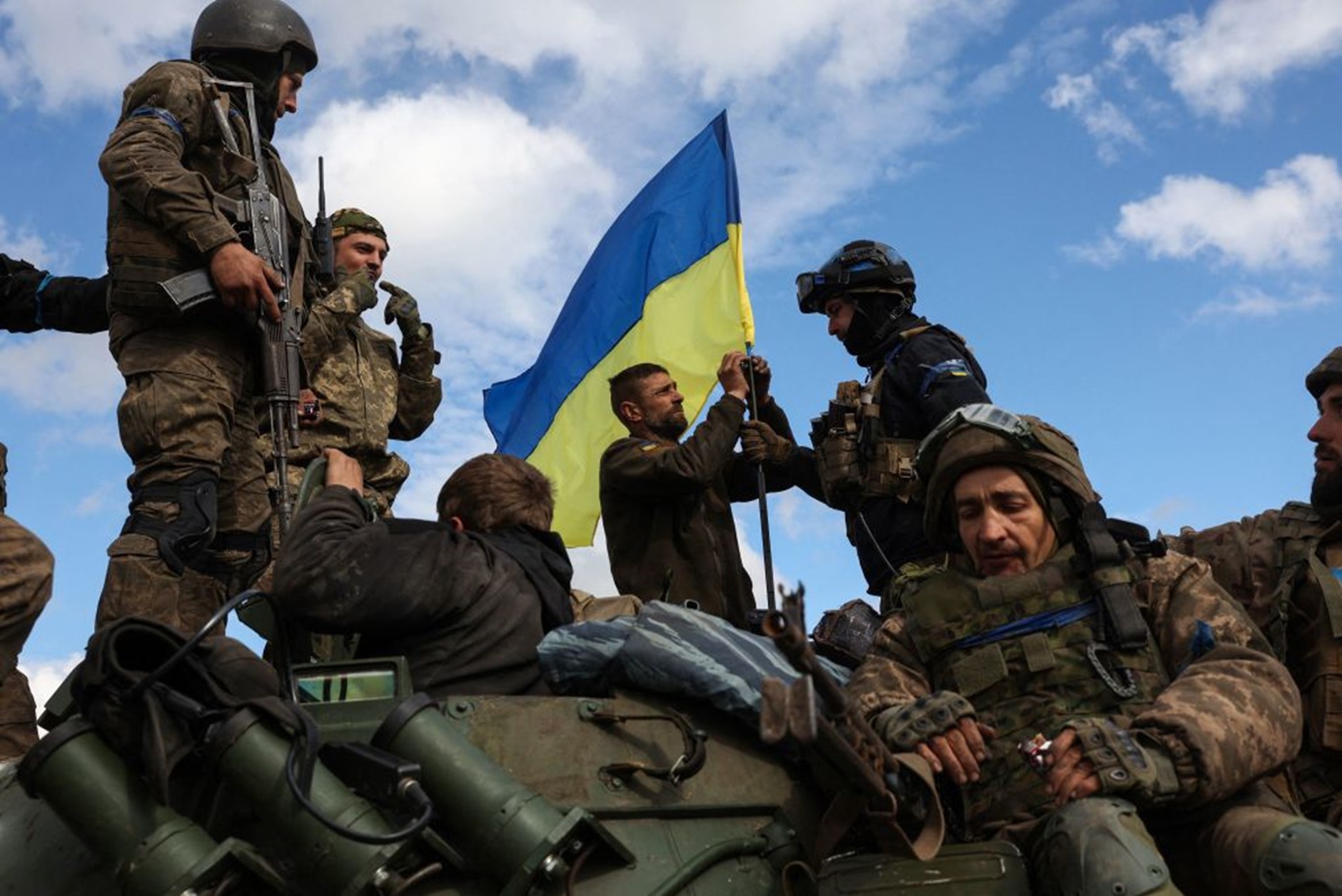
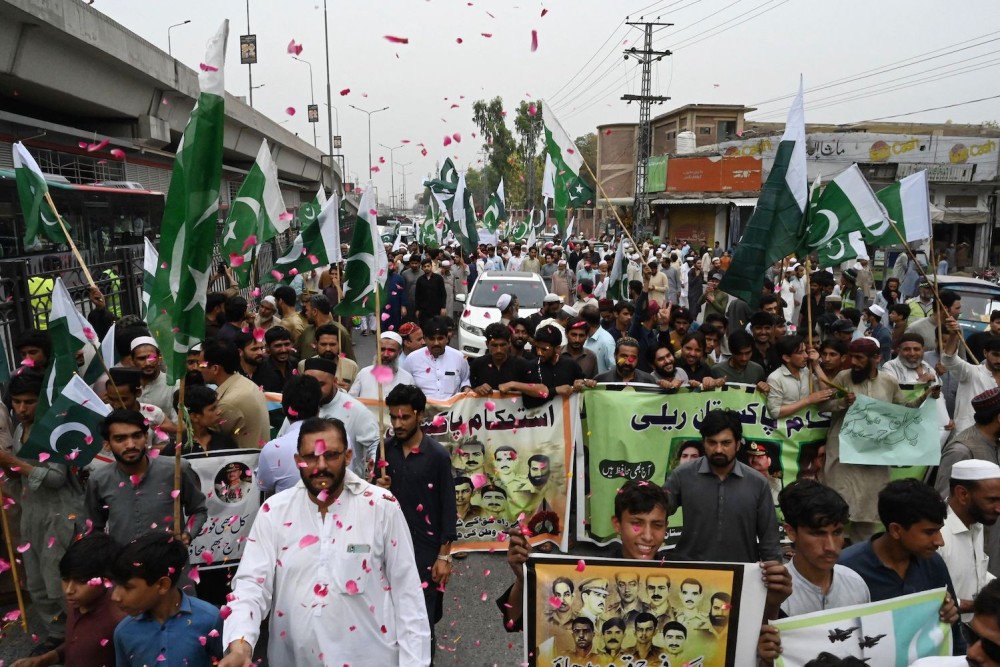
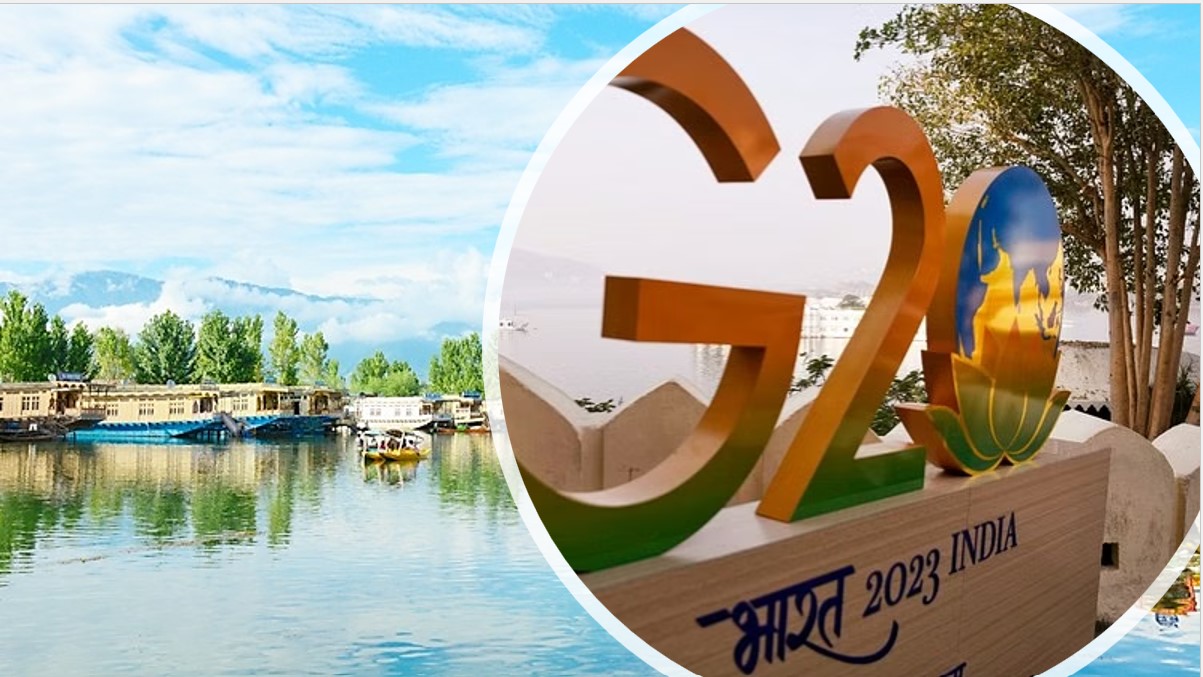
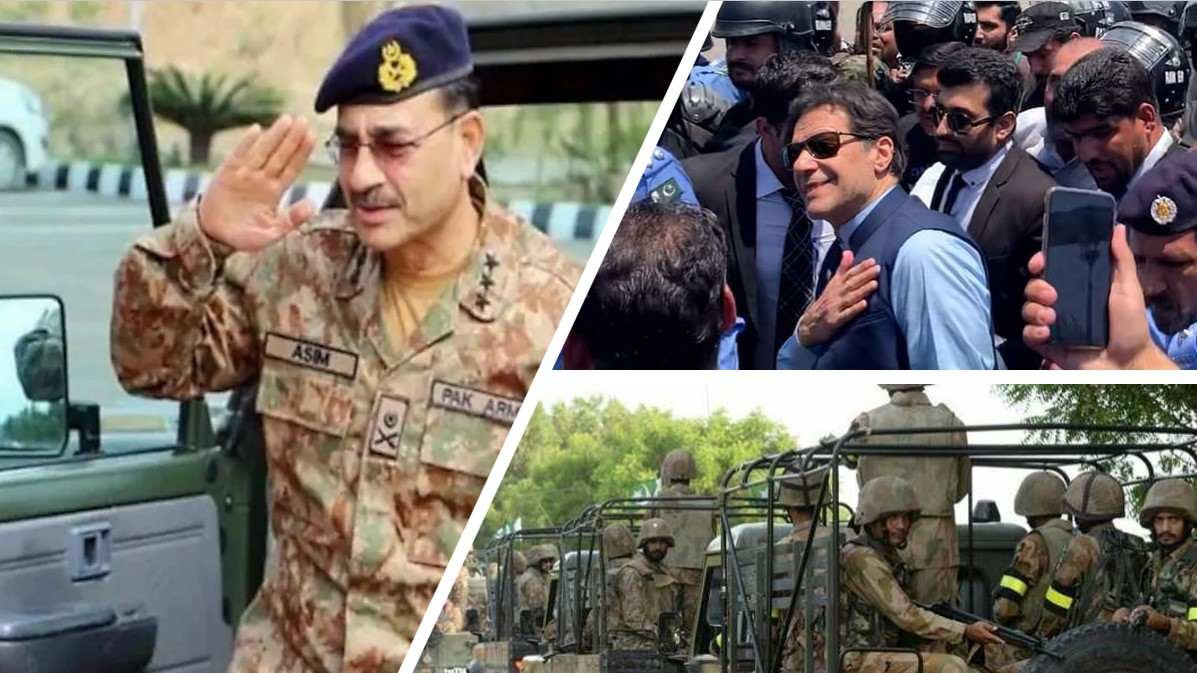
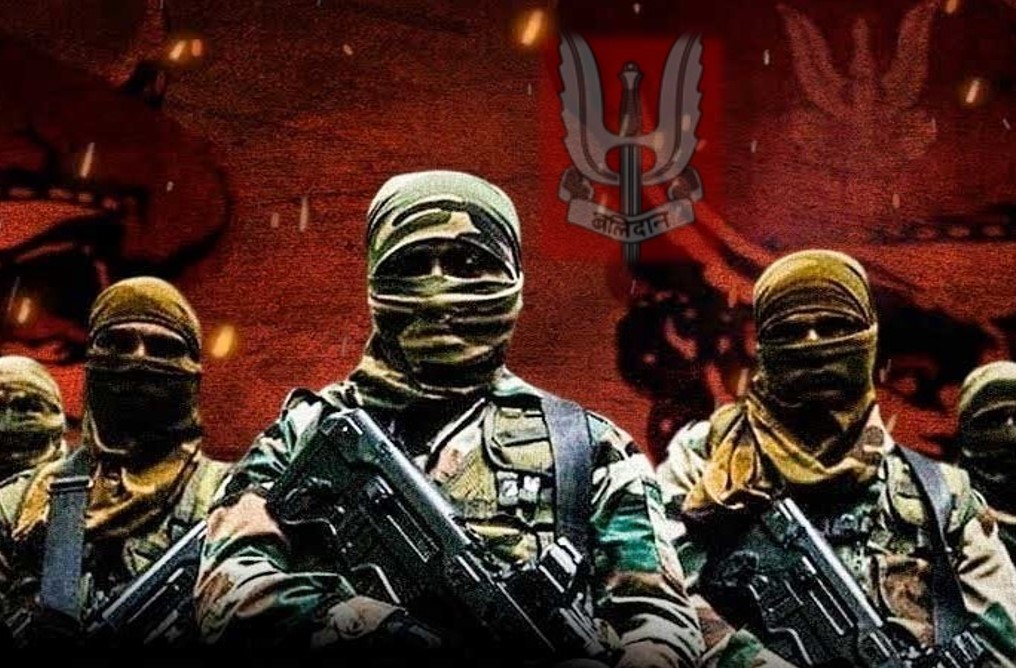
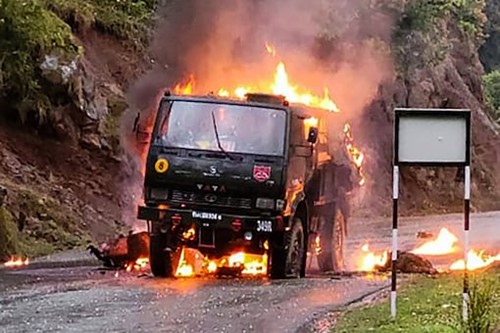
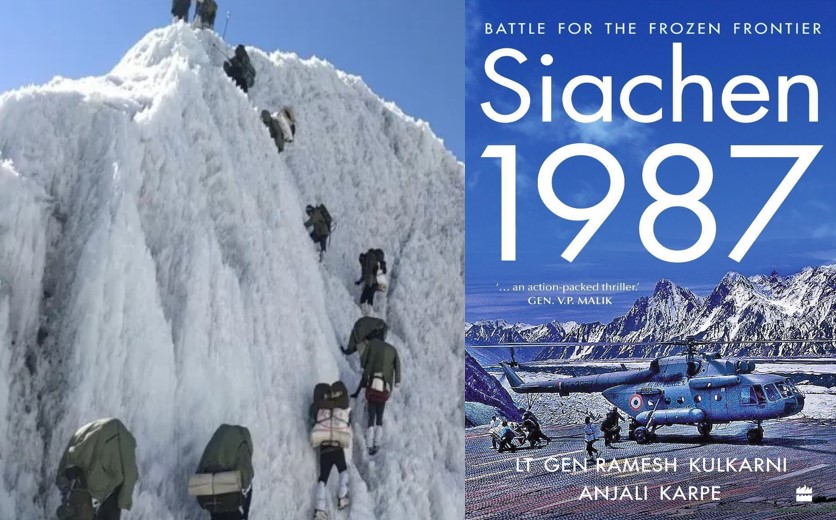
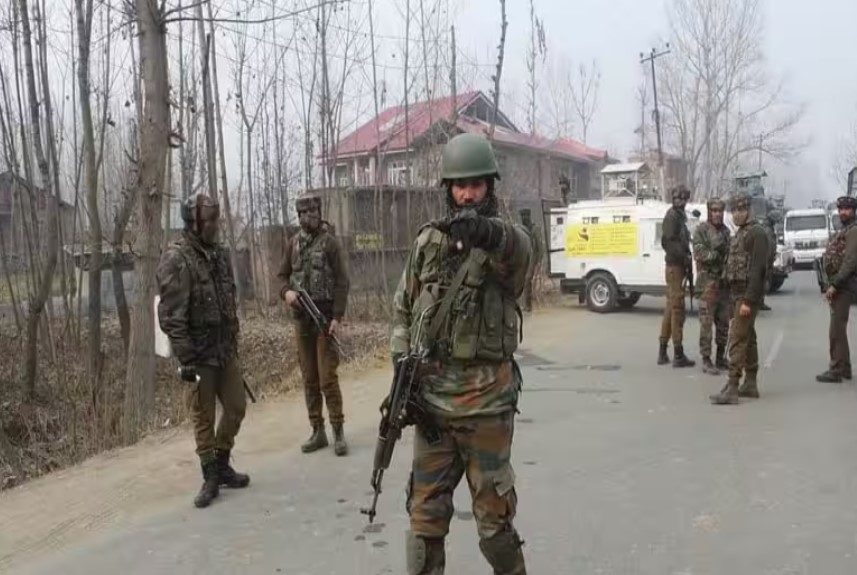
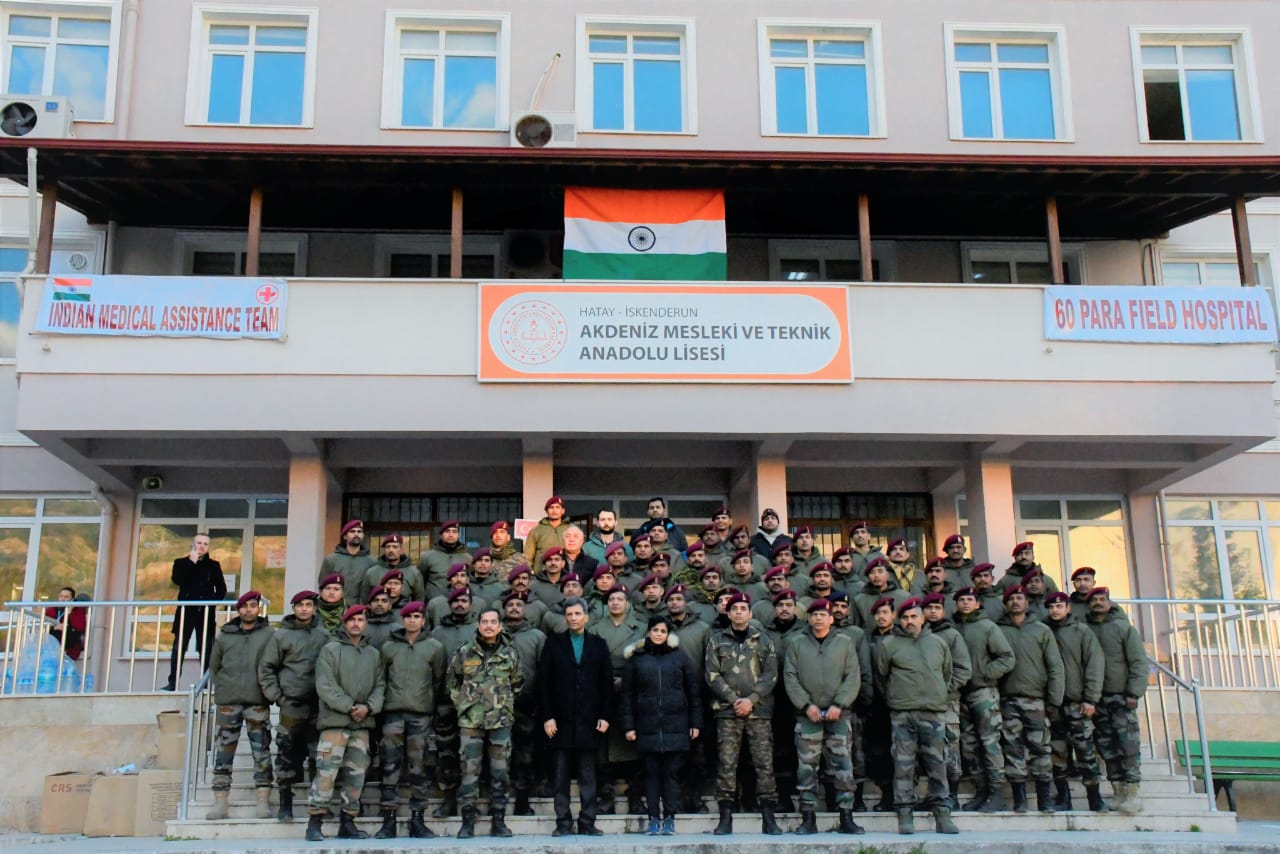
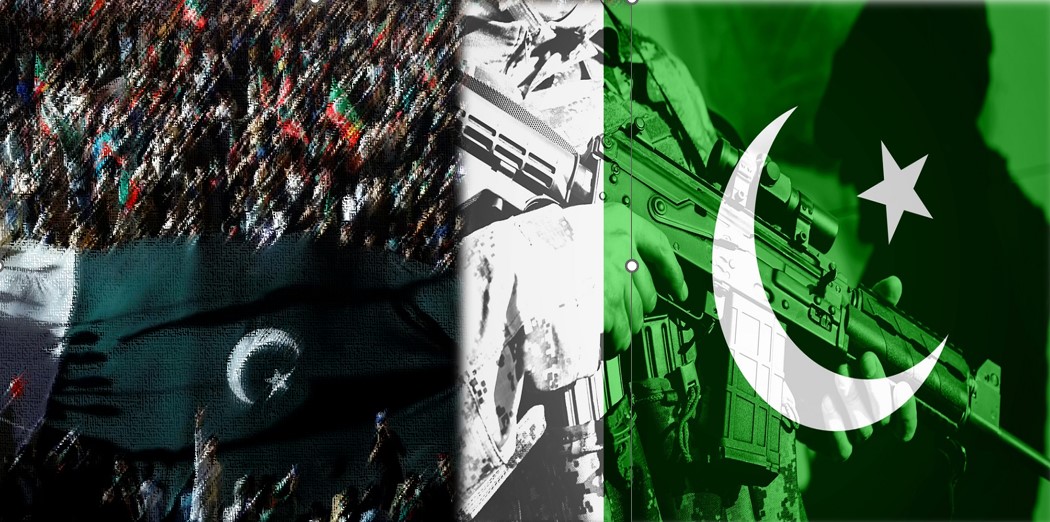






POST COMMENTS (10)
P.S. eudonym
S. Suchindranath Aiyer
Pirzada Amin
Mukesh.Naik
Poonam Dave
BHAVIL GOYAL
SURAJ
Gaurav Purwar
Avinash Sharma
Arjun Jai Viren